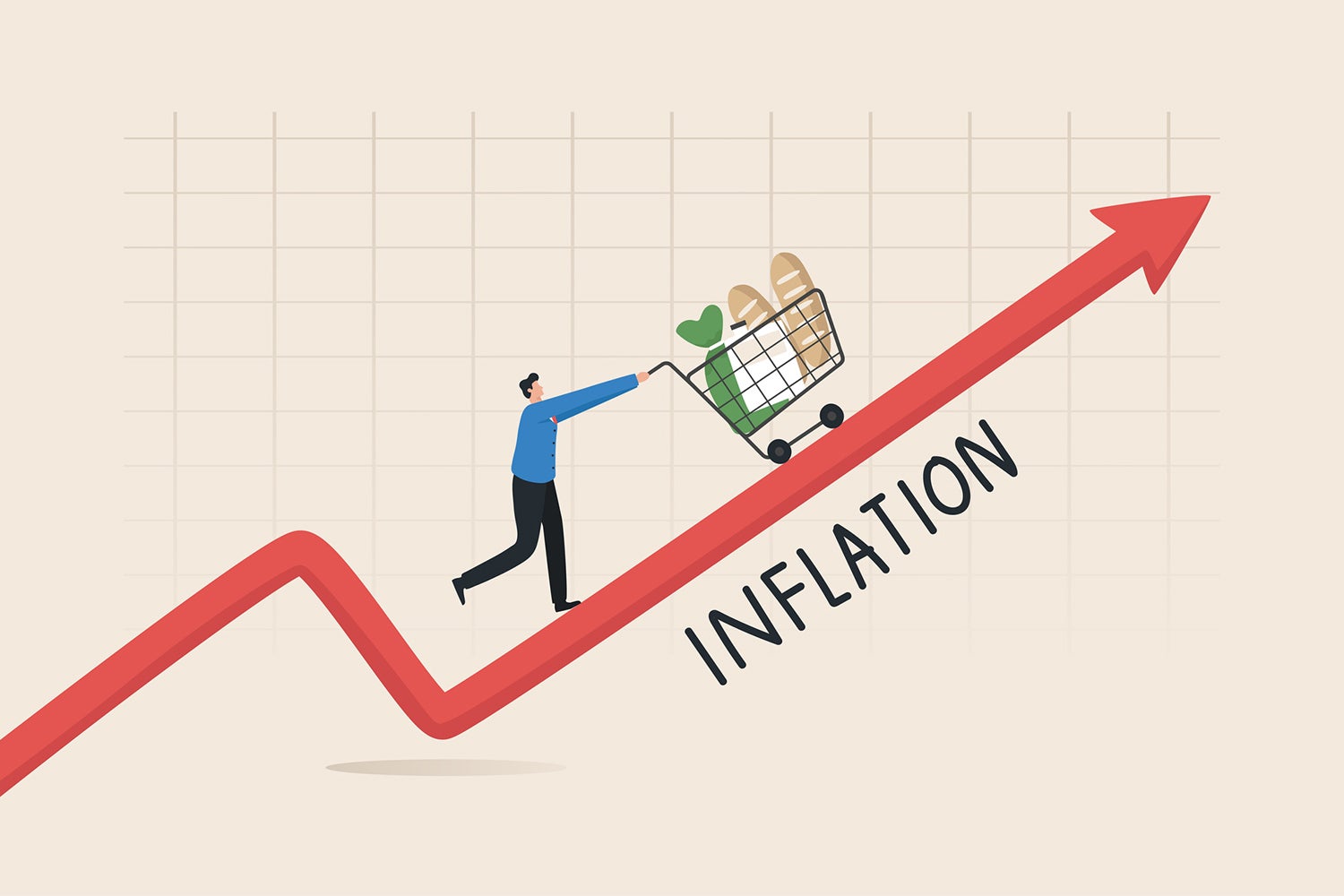
Understanding Inflation: What It Is and How It Affects You
Inflation Economics Personal Finance Global Economy Cost of Living Monetary Policy Price Increases Economic Trends
Understanding Inflation: What It Is and How It Affects You
Inflation is a term that we hear frequently in the news, especially when discussing the economy, rising prices, and the cost of living. But what exactly is inflation, and why does it matter? In this post, we’ll break down what inflation is, how it’s measured, and the ways it can affect both individuals and the broader economy. Whether you're a business owner, an investor, or just trying to manage your household budget, understanding inflation is key to making informed financial decisions.
What is Inflation?
Inflation refers to the rate at which the general level of prices for goods and services rises over time, leading to a decrease in the purchasing power of money. In simple terms, as inflation increases, each unit of currency buys fewer goods and services. For example, if inflation is 3%, an item that costs $100 today will cost $103 next year.
How is Inflation Measured?
Inflation is typically measured using indexes that track the price changes of a basket of goods and services. The most commonly used measures of inflation include:
1. Consumer Price Index (CPI)
The CPI tracks the prices of a fixed basket of goods and services that consumers purchase, such as food, clothing, transportation, and healthcare. It is one of the most widely used indicators to gauge inflation and reflect changes in the cost of living for households.
2. Producer Price Index (PPI)
The PPI measures inflation from the perspective of producers, tracking the prices that businesses pay for raw materials and intermediate goods. This index provides insight into the inflationary pressures that businesses face and how those pressures may impact consumer prices down the line.
3. Core Inflation
Core inflation excludes volatile items such as food and energy prices, offering a more stable view of inflation trends. It helps policymakers assess underlying inflationary pressures without the noise of short-term price fluctuations.
Causes of Inflation
Inflation can be caused by various factors, which are generally grouped into two main categories:
1. Demand-Pull Inflation
This occurs when demand for goods and services exceeds supply, leading to higher prices. When consumers, businesses, or the government spend more money in the economy, the increased demand pushes prices up. This type of inflation is often associated with a growing economy and rising employment levels.
2. Cost-Push Inflation
Cost-push inflation occurs when the cost of production rises, forcing businesses to pass those costs onto consumers in the form of higher prices. This can happen when the prices of raw materials, labor, or energy increase. For example, a spike in oil prices can lead to higher transportation costs, which can affect the price of goods across the economy.
How Inflation Affects You
Inflation can have both positive and negative effects on individuals and businesses. Let’s take a look at some of the ways inflation can impact personal finances:
1. Purchasing Power
Inflation erodes the purchasing power of money, meaning that your dollars won’t go as far as they used to. If wages don’t keep up with rising prices, individuals may find it harder to afford everyday expenses like groceries, housing, and transportation.
2. Savings and Investments
Inflation can diminish the value of savings over time. For example, if you earn a 2% interest rate on your savings account but inflation is 3%, your real purchasing power is actually decreasing. On the other hand, certain investments, like stocks or real estate, may perform well during inflationary periods, as their values tend to rise with inflation.
3. Borrowing and Debt
Inflation can benefit borrowers because it reduces the real value of debt over time. If you have a fixed-rate loan, the amount you owe becomes easier to repay as inflation increases. Conversely, lenders may lose purchasing power if inflation rises faster than the interest rates they charge on loans.
Inflation and the Global Economy
Inflation doesn’t just affect individuals; it has broader implications for the global economy. Here are a few ways inflation influences economic policies and markets:
1. Central Bank Policies
Central banks, such as the Federal Reserve in the U.S., monitor inflation closely and adjust monetary policy to keep inflation within target ranges. To combat high inflation, central banks may raise interest rates to slow down spending and borrowing. Conversely, when inflation is too low, they may lower interest rates or use other tools to encourage economic growth.
2. Currency Values
Inflation can impact the value of a country’s currency. High inflation may lead to a depreciation of the currency, making imports more expensive and potentially increasing inflation further. Conversely, countries with low inflation may see their currencies strengthen, which can affect their trade balance and global competitiveness.
Conclusion
Inflation is a key economic concept that affects everyone, from consumers to policymakers. Understanding how inflation works and how it impacts the cost of living can help you make informed financial decisions. Whether you’re managing a budget, investing for the future, or navigating the global economy, staying informed about inflationary trends can give you the tools to adapt and thrive in a changing world.
Thank you for reading, and stay tuned for more insights and tips as we continue our tech journey together!